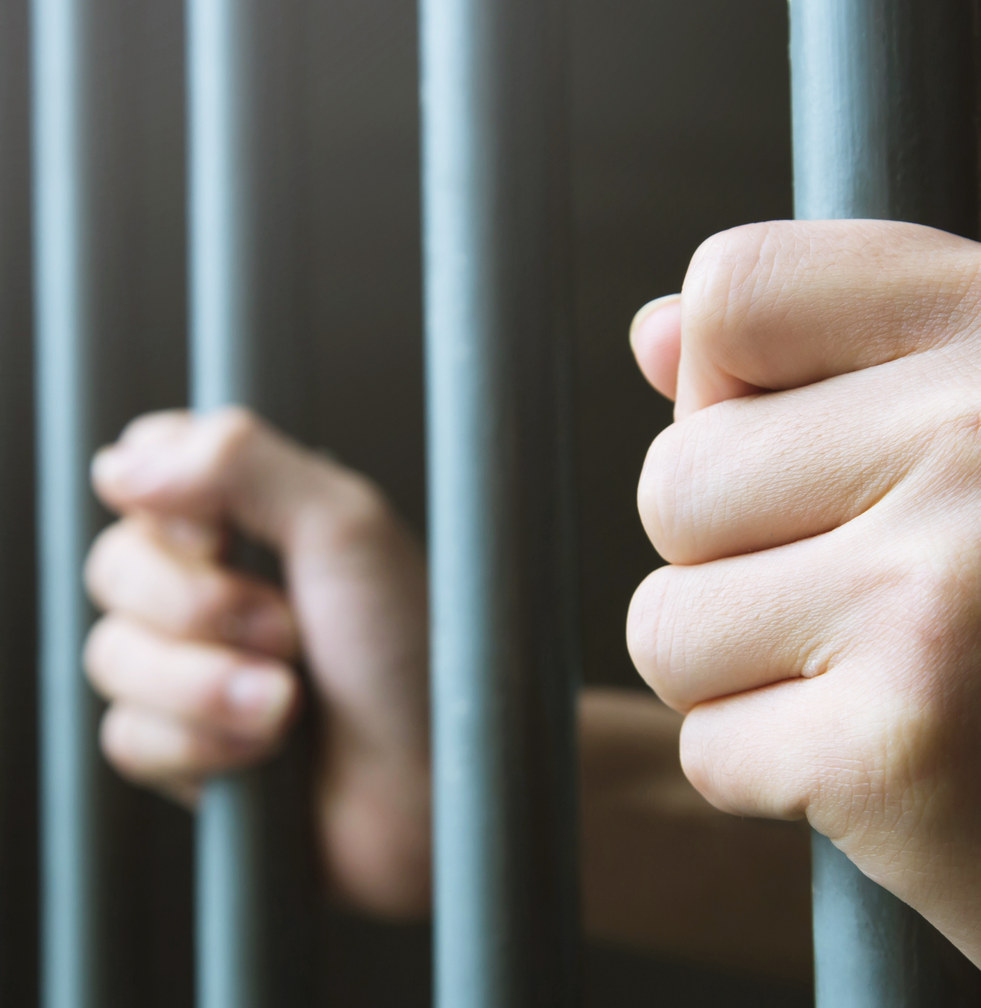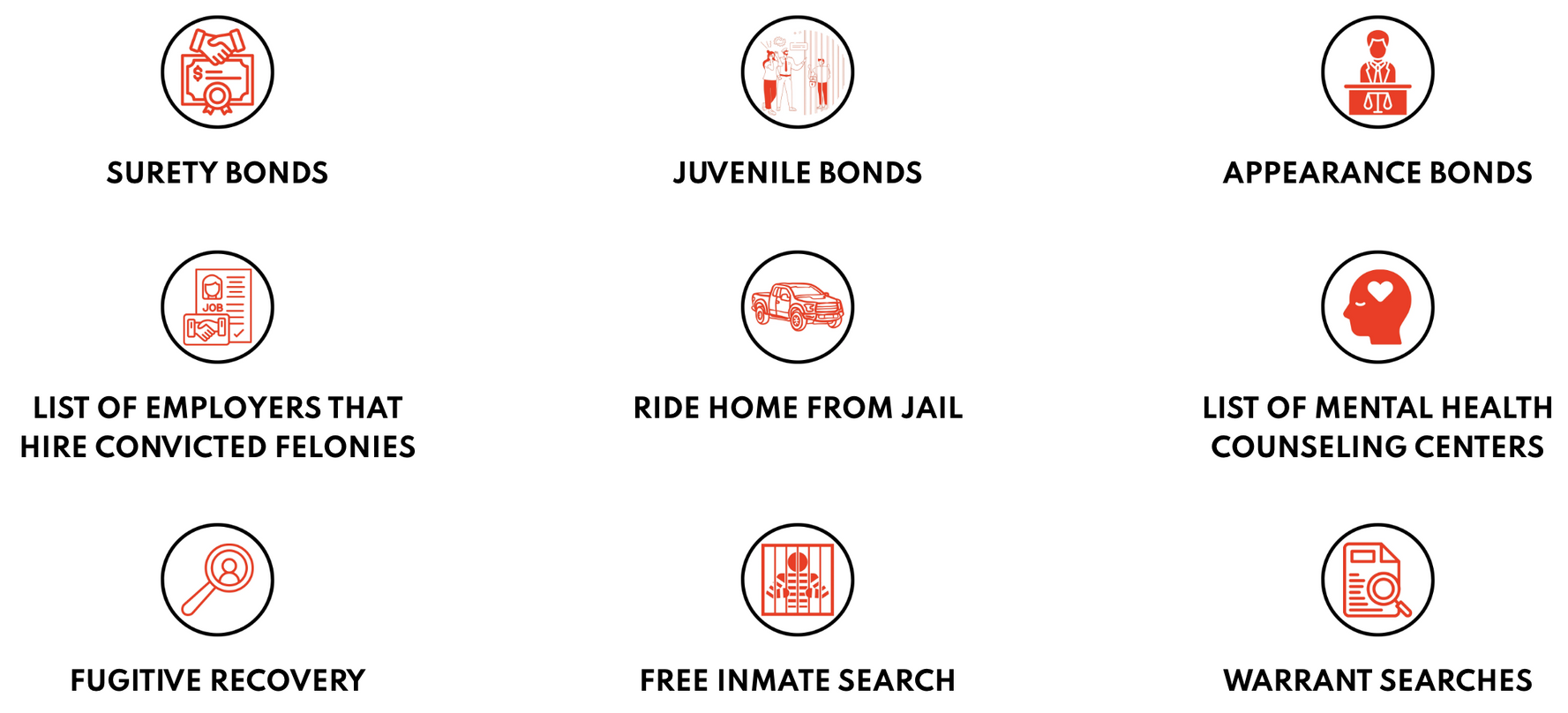We're Available 24/7/365
We operate and provide bonds in Olathe & Kansas City but we extend our services to the following counties: Anderson County, Atchison County, Barber County, Bourbon County, Butler County, Clay County, Coffey County, Douglass County, Elk County, Franklin County, Greenwood County, Harper County, Johnson County, Kingman County, Leavenworth County, Linn County, Miami County, Osage County, Pratt County, Riley County, Sedgwick County, Shawnee County, Sumner County.
For your bonding needs, contact us anytime, regardless of location or time.
Navigate jail with dignity. We're here to guide, not judge.
We recognize the unpleasantness of incarceration. Beyond the time spent in jail, the ordeal can be embarrassing, and navigating court regulations can be frustrating. We aim to ease the process without adding to any humiliation. Our goal is assistance, not judgment. If you need support to get out of jail, contact
913 Bail Bonds today!


